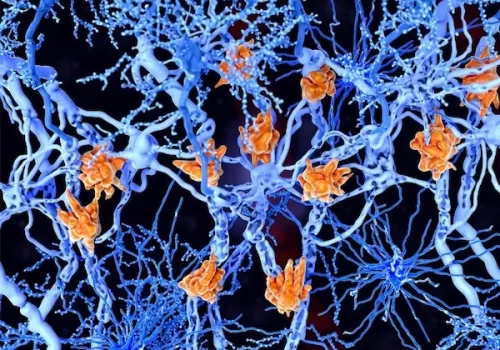A genetic test is performed to determine if there is a mutation in the genes predisposing to a disease.
DNA contains all the coded information, as if it were a book, of the genetic instructions that shape living beings.
The results obtained from these tests will help you make informed decisions about what to do and what not to do.
Types of tests
In this type of research, different types of tests are performed:
Molecular
The order of the nucleotide components is analyzed.
It is achieved through a DNA sequencing process, they are divided into:
- Single Variant: Study of a specific variant of the gene.
- Single gene: Analysis of a gene to determine if there is a specific mutation.
- Gene panel: Analysis of a type of mutation or variant in more than one gene.
- Whole genome sequencing: Analysis of most of the DNA to find variants.
Chromosomal
This type of test analyzes whole chromosomes or DNA fragments to find different variants, such as duplicated and missing chromosomes, or chromosome rearrangements.
Gene expression
It analyzes the different types of cells and whether genes are turned on or off.
For example, an activated gene allows the cell to produce a molecule called mRNA, which in turn produces proteins.
The activity must be balanced, because too much or too little activity can lead to certain disorders, such as cancer.
Biochemistry
This type of testing focuses on proteins or enzymes that are produced from genes.
An abnormal amount of these substances can lead to some type of disorder.
Novel benefits of testing
There are many benefits of knowing what our genetic inheritance is, although this will depend largely on the reasons for performing this type of studies, among the best known we find the diagnosis of diseases or paternity tests.
However, the benefits of these tests can go far beyond what is known.
For example:
Improve eating habits:
Better known as nutrigenetics, a DNA test will allow us to identify the key factors in which our genes respond to the different foods we consume in our daily diet.
The aim is to find a personalized diet that is ideal for each patient, but that is not all.
Nutrigenetics also helps to reduce the signs of aging through nutritional supplements.
Improve quality of life:
Genetics has been used to improve the quality of life of patients with chronic diseases since, by analyzing genetic variants such as lactose intolerance, salt sensitivity, caffeine metabolism and other 21 variants, it is possible to advise patients on their diet for the prevention and treatment of diseases.


















